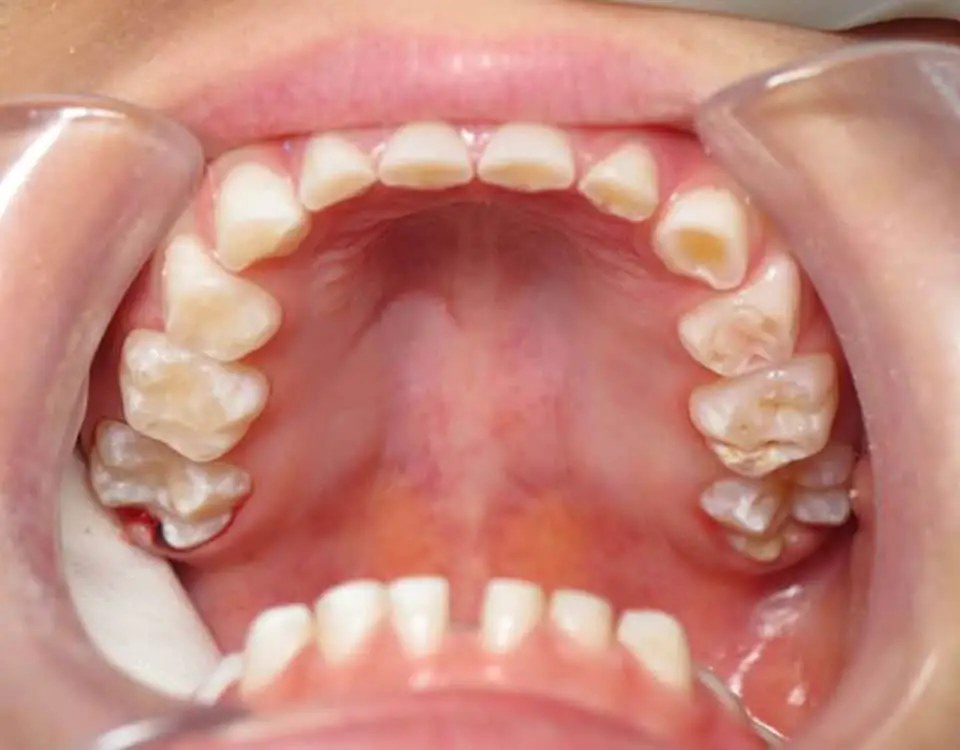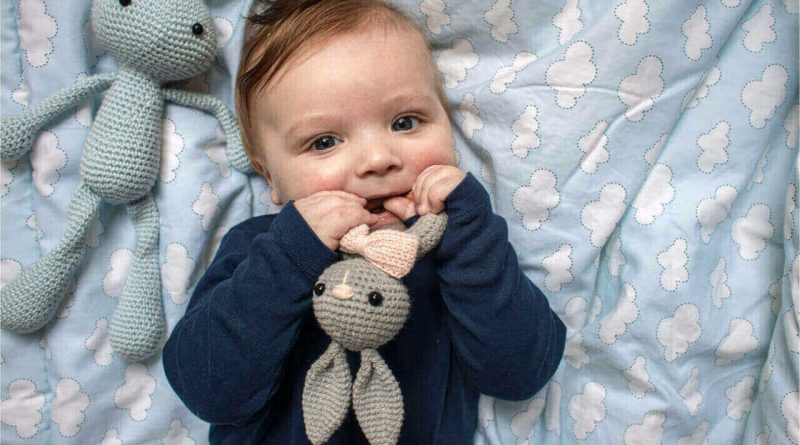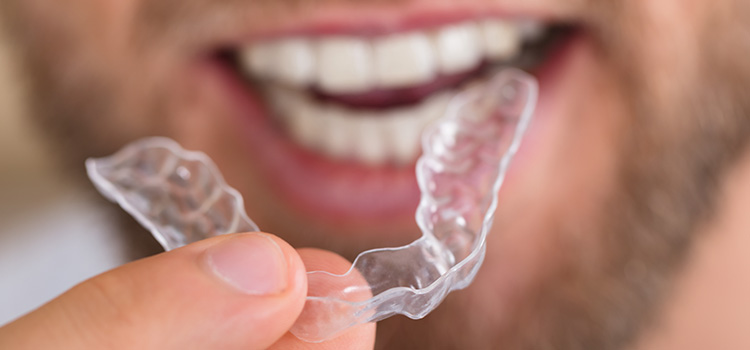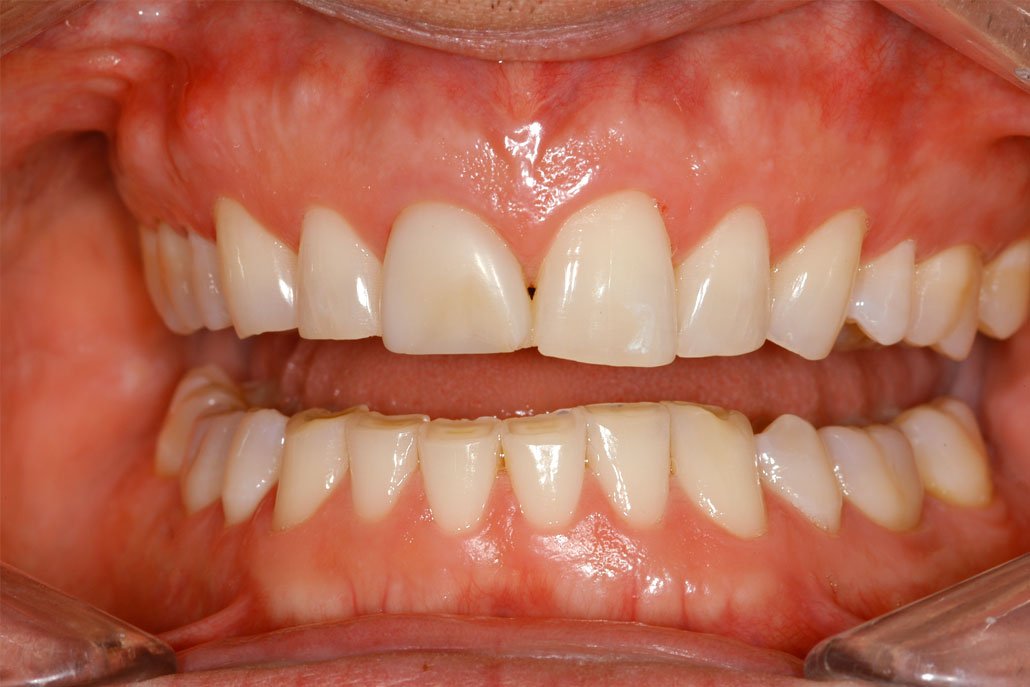Gritting teeth in sleep
Home » » Gritting teeth in sleepYour Gritting teeth in sleep images are available. Gritting teeth in sleep are a topic that is being searched for and liked by netizens now. You can Find and Download the Gritting teeth in sleep files here. Get all free photos.
If you’re searching for gritting teeth in sleep pictures information linked to the gritting teeth in sleep topic, you have pay a visit to the ideal site. Our website always provides you with hints for seeing the highest quality video and image content, please kindly search and find more enlightening video articles and graphics that fit your interests.
Gritting Teeth In Sleep. However, there are several contributing factors that may lead to someone grinding their teeth at night. According to some expert opinions, there is a multifaceted and complex relationship between sleep apnea and teeth grinding that can manifest in distinct ways in different individuals. When the teething phase begins, toddlers often feel uncomfortable and this makes them grind their teeth often; People who experience sleep disorders such as insomnia, restless leg syndrome, and/or obstructive sleep apnea (or osa), are at a higher risk for developing sleep bruxism.
 Do You Grind Your Teeth but Also Need a Retainer From sportingsmiles.com
Do You Grind Your Teeth but Also Need a Retainer From sportingsmiles.com
Talk or mumble while asleep; Teeth grinding at night, or sleep bruxism, is classified as a sleep disorder. Once a patient identifies the cause of their teeth grinding, they can take the proper steps to stop it. During bruxism, a change of pulse, arterial pressure, breath etc. The top and the bottom teeth may not be aligned properly While experts are not able to pin point the exact reason, they mention that it could be because of one or more of the following causes:
Children often grind their teeth in sleep.
Causes of night teeth grinding in children. Symptoms of clenching and/or grinding. In healthy babies, sleep bruxism generally starts at about 1 year of age, not long after the front teeth enter into the mouth. The term bruxism often refers to sleep bruxism, as this is the most common type. Episodes of teeth grinding appear to be connected to changing sleep patterns or microarousals from sleep. Sleep disorders, especially obstructive sleep apnea:
 Source: s3.amazonaws.com
Source: s3.amazonaws.com
Sleep disorders, especially obstructive sleep apnea: Mechanisms of bruxism origin are still not clear. Once a patient identifies the cause of their teeth grinding, they can take the proper steps to stop it. This may explain the associations that have been found between sleep bruxism and obstructive sleep apnea (osa) , which causes temporary sleep interruptions from. The term bruxism comes from the greek word brychein, which means to grind or gnash the opposing rows of upper and lower teeth.
 Source: bestoralbelectrictoothbrush.com
Source: bestoralbelectrictoothbrush.com
Most teeth grinding is preceded by increases in brain and cardiovascular activity. Behave violently while asleep, such as kicking out or punching However, there are several contributing factors that may lead to someone grinding their teeth at night. Bruxism (greeting of teeth) occurs as a result of rhythmic clonus of masticatory muscles, accompanied by low sound, resembling gritting or clicking. Osa is a complicated disorder that involves the nervous, cardiovascular, and respiratory systems.
 Source: happiestbaby.com
Source: happiestbaby.com
Stressful situations, an abnormal bite, and crooked or missing teeth appear to contribute. Although teeth grinding can be caused by stress and anxiety, it often occurs during sleep and is more likely caused by an abnormal bite or. During bruxism, a change of pulse, arterial pressure, breath etc. Nighttime grinding is sometimes related to hyperactivity, sleep apnea, or acid reflux, and can appear as a side effect of certain medications intended to treat depression. There is also some evidence that sleep disorders such as sleep apnea can cause teeth grinding.
 Source: healnhc.org
Source: healnhc.org
Talk or mumble while asleep; While it is not serious, continuous clenching of the jaw while grinding can cause headaches, disruption of sleep, jaw pain, and dental health issues. This phenomenon during sleep is met rather often. Children often grind their teeth in sleep. The term bruxism comes from the greek word brychein, which means to grind or gnash the opposing rows of upper and lower teeth.
 Source: godental365.com
Source: godental365.com
If you snore or have a sleep disorder, such as obstructive sleep apnoea (osa), you�re more likely to grind your teeth while you sleep. Nighttime grinding is sometimes related to hyperactivity, sleep apnea, or acid reflux, and can appear as a side effect of certain medications intended to treat depression. If you snore or have a sleep disorder, such as obstructive sleep apnoea (osa), you�re more likely to grind your teeth while you sleep. Most teeth grinding is preceded by increases in brain and cardiovascular activity. The term bruxism often refers to sleep bruxism, as this is the most common type.
 Source: makeameme.org
Source: makeameme.org
During bruxism, a change of pulse, arterial pressure, breath etc. Once a patient identifies the cause of their teeth grinding, they can take the proper steps to stop it. Obstructive sleep apnea and sleep bruxism have a multifaceted relationship. When the teething phase begins, toddlers often feel uncomfortable and this makes them grind their teeth often; The top and the bottom teeth may not be aligned properly
 Source: sportingsmiles.com
Source: sportingsmiles.com
Sleep disorders, especially obstructive sleep apnea: 4 grinding teeth at night is more common than during the day, but it can easily go undetected unless it becomes severe and causes daytime sensitivity or pain. Symptoms of clenching and/or grinding. Children often grind their teeth in sleep. The top and the bottom teeth may not be aligned properly
 Source: proteethguard.com
Source: proteethguard.com
When the teething phase begins, toddlers often feel uncomfortable and this makes them grind their teeth often; This may explain the associations that have been found between sleep bruxism and obstructive sleep apnea (osa) , which causes temporary sleep interruptions from. Once a patient identifies the cause of their teeth grinding, they can take the proper steps to stop it. Behave violently while asleep, such as kicking out or punching Stressful situations, an abnormal bite, and crooked or missing teeth appear to contribute.
 Source: eastvandental.com
Source: eastvandental.com
Stressful situations, an abnormal bite, and crooked or missing teeth appear to contribute. Sleep disorders, especially obstructive sleep apnea: It can be hard to determine something that happens in your sleep. Obstructive sleep apnea and sleep bruxism have a multifaceted relationship. When the teething phase begins, toddlers often feel uncomfortable and this makes them grind their teeth often;
This site is an open community for users to do sharing their favorite wallpapers on the internet, all images or pictures in this website are for personal wallpaper use only, it is stricly prohibited to use this wallpaper for commercial purposes, if you are the author and find this image is shared without your permission, please kindly raise a DMCA report to Us.
If you find this site good, please support us by sharing this posts to your favorite social media accounts like Facebook, Instagram and so on or you can also bookmark this blog page with the title gritting teeth in sleep by using Ctrl + D for devices a laptop with a Windows operating system or Command + D for laptops with an Apple operating system. If you use a smartphone, you can also use the drawer menu of the browser you are using. Whether it’s a Windows, Mac, iOS or Android operating system, you will still be able to bookmark this website.